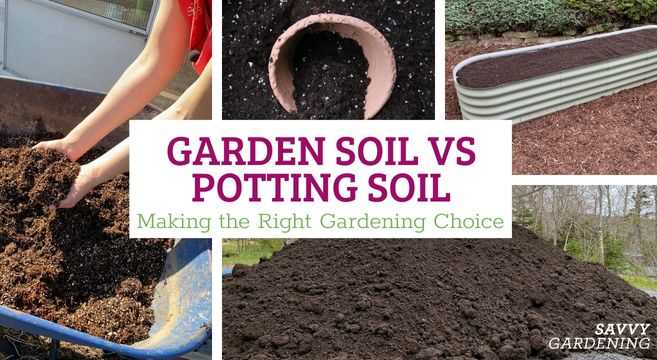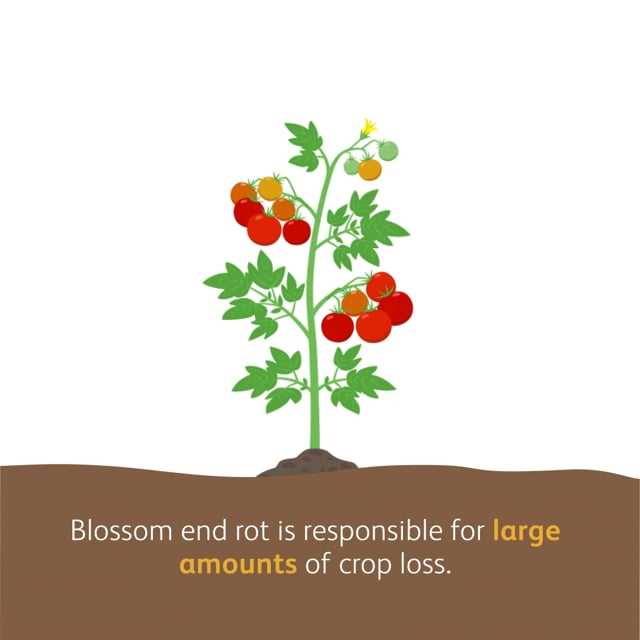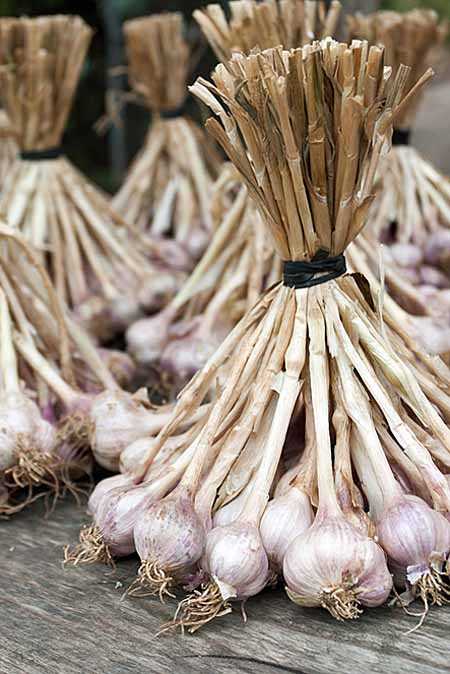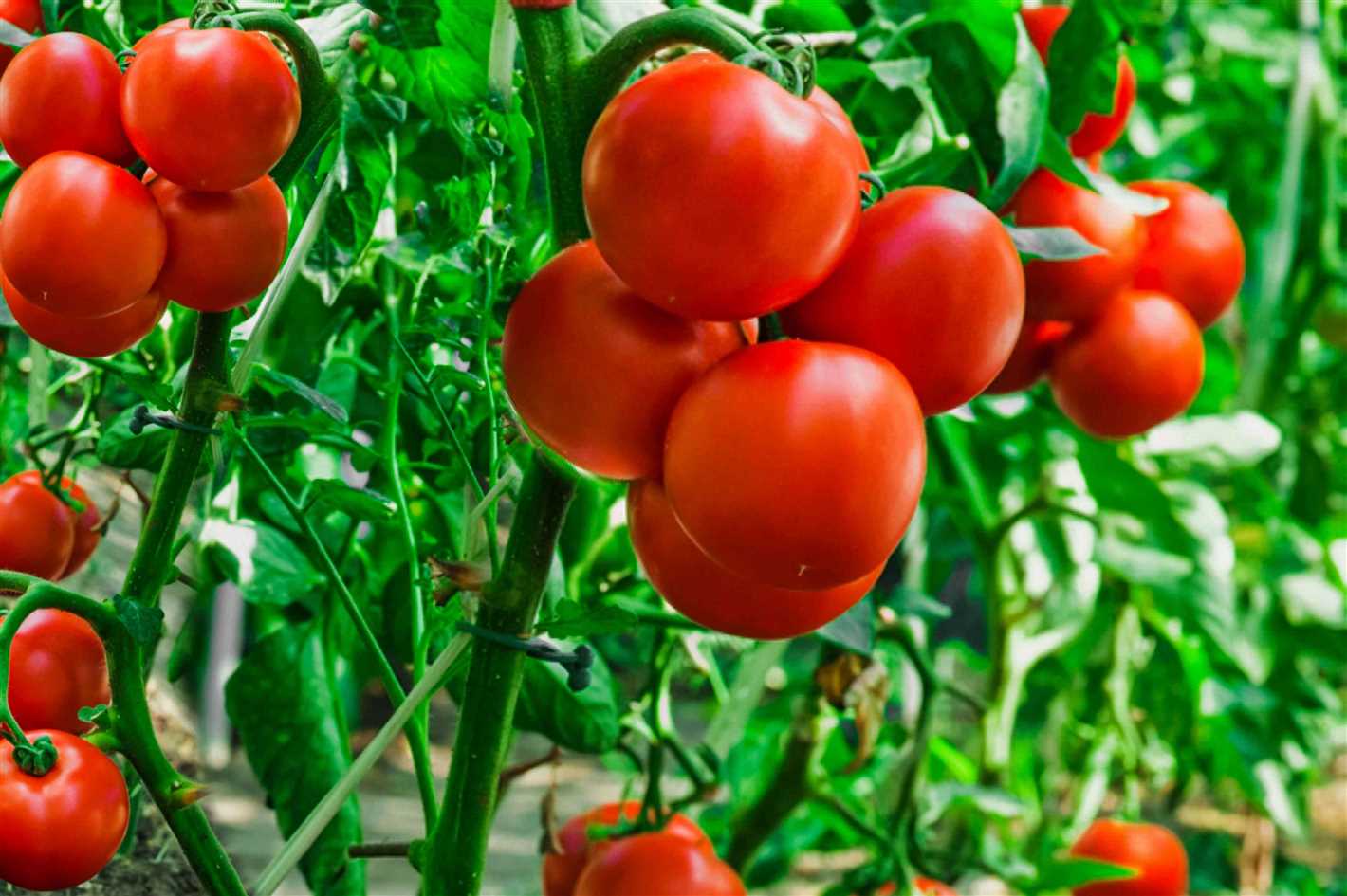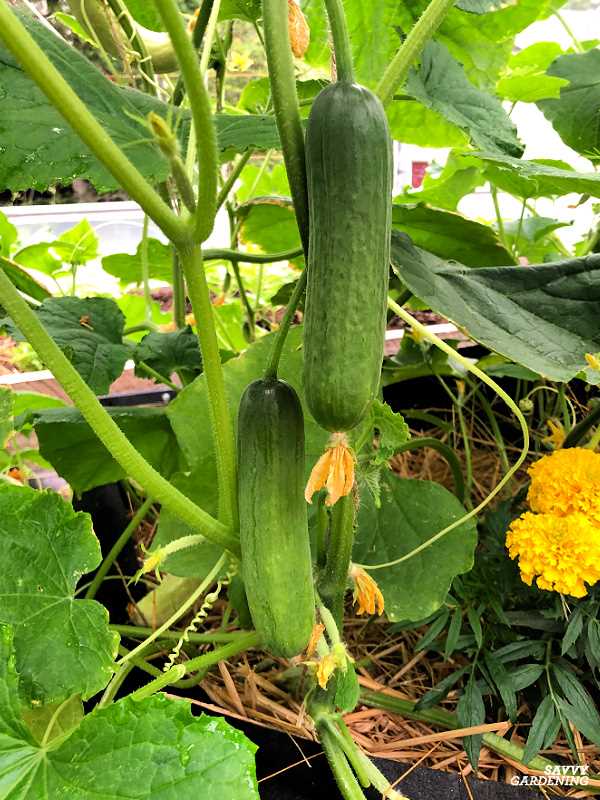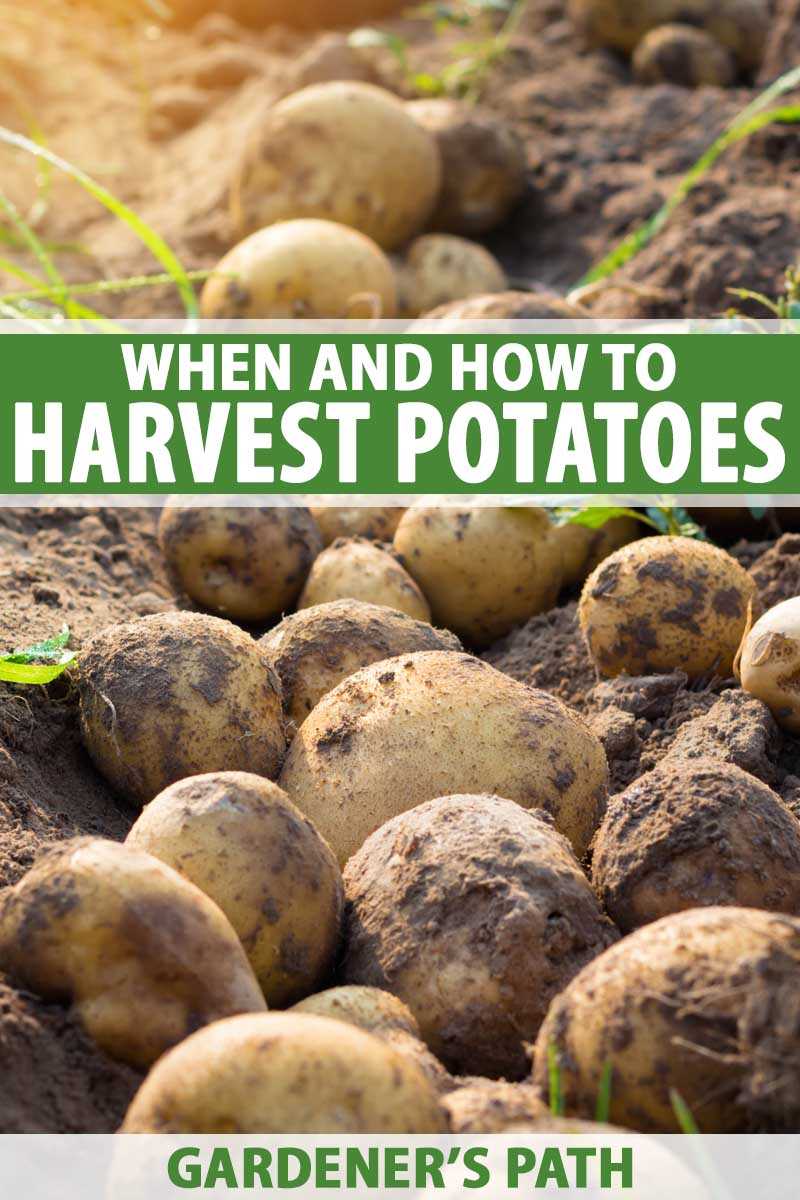- Benefits of Using Fertilizers for Eggplant and Pepper Crops
- Fertilizer Types and Their Impact on Yield
- Inorganic fertilizers
- Organic fertilizers
- Impact on yield
- Understanding Nutrient Requirements for Eggplant and Pepper
- Nitrogen
- Phosphorus
- Potassium
- Calcium
- Magnesium
- Micronutrients
- Importance of Soil Testing
- Determining Nutrient Content
- Optimizing Fertilization
- pH Level Adjustment
- Preventing Nutrient Imbalances and Toxicity
- Cost and Environmental Benefits
- Choosing the Right Fertilizer for Eggplant and Pepper
- Consider the Nutrient Needs
- Determine the Fertilizer Form
- Consider Soil pH
- Read and Follow Application Instructions
- Timing and Application Methods for Fertilizers
- 1. Pre-planting Fertilizer Application
- 2. Side-dressing Fertilizer Application
- 3. Foliar Fertilizer Application
- 4. Biweekly Fertilizer Application
- 5. Mulch and Fertilizer Combination
- Benefits of Organic Fertilizers for Eggplant and Pepper
- 1. Improved Soil Fertility
- 2. Environmentally Friendly
- 3. Nutrient-Rich and Balanced
- 4. Long-Term Soil Health
- Maximizing Yield through Fertilizer Management
- Introduction
- Understanding the Nutrient Requirements
- Fertilizer Application Techniques
- Soil-Based Application
- Foliar Application
- Monitoring and Adjusting
- Conclusion
- “Question-Answer”
- What is the significance of using fertilizers to boost eggplant and pepper yields?
- What are the recommended fertilizers for eggplants and peppers?
- How often should fertilizers be applied to eggplants and peppers?
- Can organic fertilizers be used for eggplants and peppers?
- What are the signs of nutrient deficiency in eggplants and peppers?
- Are there any alternative methods to boost eggplant and pepper yields without using fertilizers?
- What are the potential risks of excessive fertilizer use on eggplants and peppers?
- “Video” Grow LOTS of Peppers – Top Tips for Better Yields
When it comes to growing eggplants and peppers, farmers and gardeners alike strive for bountiful harvests. These vegetables are not only delicious additions to our meals, but they also provide essential nutrients and vitamins. To maximize the yield of these crops, it is crucial to use the right fertilizers in the right amounts.
One of the key factors in achieving optimal growth and yield in eggplants and peppers is providing the necessary nutrients. These vegetables have specific nutritional requirements, and fertilizers can help supplement the soil with the nutrients they need. Nitrogen, phosphorus, and potassium are vital for healthy plant development, and each fertilizer should have a balanced ratio of these elements.
In addition to the major nutrients, secondary nutrients such as calcium, magnesium, and sulfur are also essential for eggplant and pepper plants. These nutrients help with the overall structure and function of the plants, ensuring sturdy stems, healthy roots, and strong fruit development. Selecting fertilizers that include these secondary nutrients can greatly enhance yields.
Another crucial aspect to consider when choosing fertilizers for eggplants and peppers is the presence of micronutrients. These trace elements, including iron, manganese, zinc, and copper, are required in smaller quantities but play a significant role in plant growth and metabolism. Fertilizers that provide a balanced mix of both macro and micronutrients are ideal for maximizing the yield of these crops.
To ensure the optimal absorption of nutrients, it is important to apply fertilizers at the right time and in the right manner. Fertilizers should be evenly distributed around the plant’s root zone and incorporated into the soil before planting. Applying fertilizers in multiple stages throughout the growing season can also help provide a consistent supply of nutrients, supporting continuous growth and high yields.
Benefits of Using Fertilizers for Eggplant and Pepper Crops
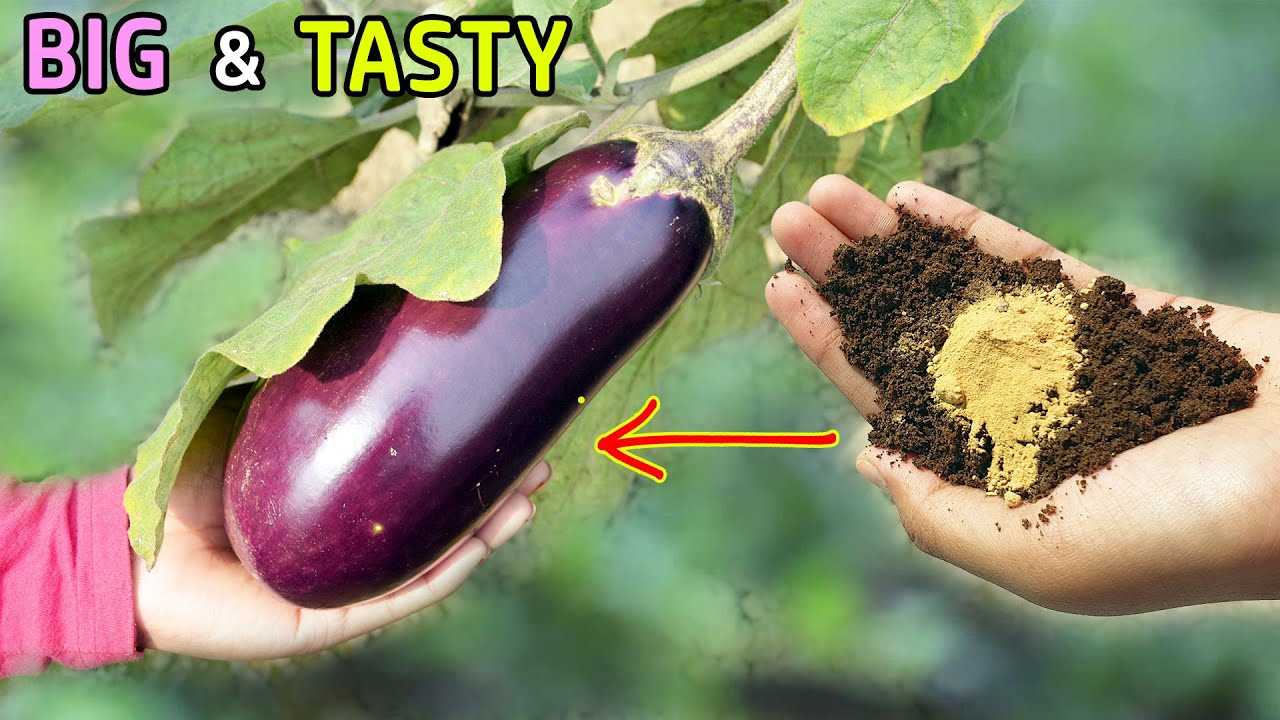
Fertilizers play a crucial role in maximizing the yield and quality of eggplant and pepper crops. By providing essential nutrients, fertilizers can enhance plant growth, improve flowering, and increase fruit production. Here are some benefits of using fertilizers for eggplant and pepper crops:
- Improved plant nutrition: Fertilizers supply the necessary macronutrients (nitrogen, phosphorus, and potassium) as well as micronutrients (such as iron, manganese, and zinc) that are essential for the healthy growth of eggplant and pepper plants.
- Enhanced root development: Fertilizers contain ingredients that promote root growth, resulting in stronger and healthier root systems. This allows plants to access water and nutrients more efficiently, leading to better overall plant health.
- Better flowering and fruiting: Fertilizers can stimulate flower production and promote better fruit set in eggplant and pepper plants. This can lead to increased yield and a higher number of marketable fruits.
- Increased resistance to diseases and pests: Fertilizers that contain certain nutrients, such as potassium and calcium, can help strengthen the plant’s immune system, making it more resistant to diseases and pests.
- Improved fruit quality: Fertilizers can enhance the flavor, size, color, and nutritional content of eggplant and pepper fruits. This makes them more appealing to consumers and increases their market value.
- Efficient nutrient uptake: Fertilizers can be applied directly to the soil or through foliar sprays, allowing the plants to quickly and efficiently absorb the nutrients they need for optimal growth.
It is important to select the right type and dosage of fertilizer for eggplant and pepper crops, taking into consideration factors such as soil fertility, plant nutrient requirements, and environmental conditions. Regular soil testing can help determine the nutrient levels in the soil and guide fertilizer application practices.
In conclusion, the use of fertilizers can greatly benefit eggplant and pepper crops by providing essential nutrients, promoting plant growth, improving flower and fruit production, and increasing resistance to diseases and pests. By incorporating fertilizers into their cultivation practices, farmers can maximize their harvest and yield high-quality crops.
Fertilizer Types and Their Impact on Yield
Choosing the right type of fertilizer is crucial for maximizing yields in eggplant and pepper crops. Different fertilizers contain different nutrients, and understanding their impact on plant growth and development can help farmers select the most appropriate fertilizer for their specific needs.
Inorganic fertilizers
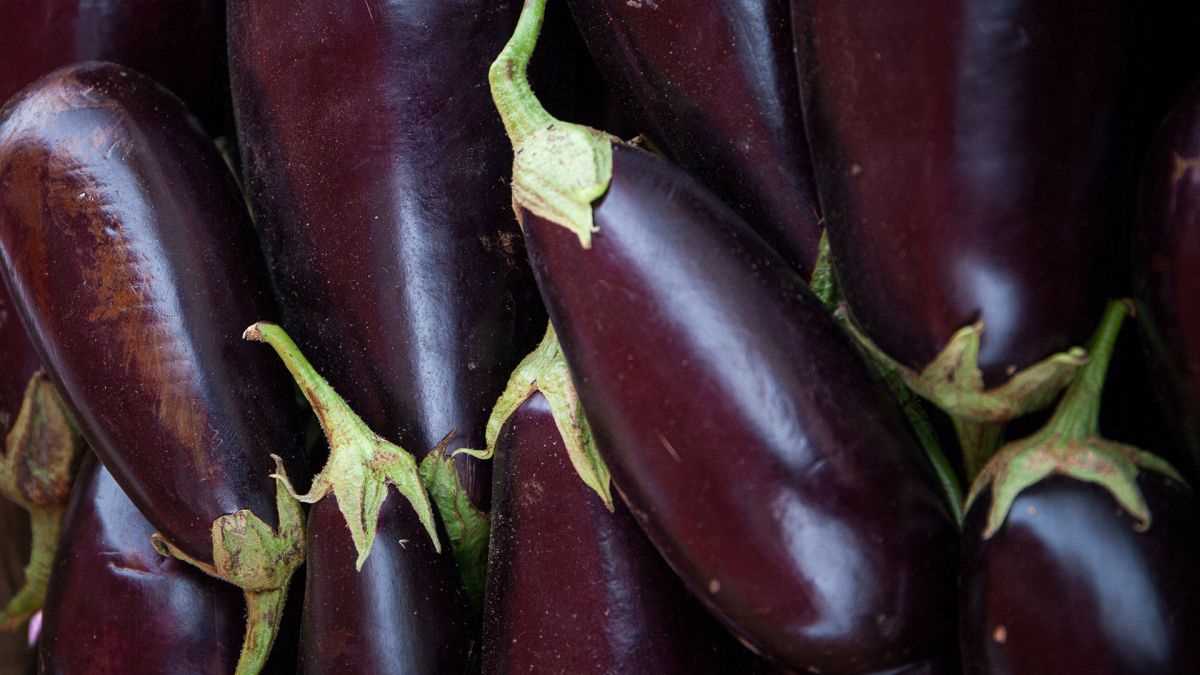
Inorganic fertilizers, also known as synthetic or chemical fertilizers, are manufactured using chemicals that provide essential nutrients to the plants. These fertilizers are typically available in granular or powdered form and release nutrients quickly when watered.
- Nitrogen-based fertilizers: These fertilizers, such as ammonium sulfate or urea, provide a high amount of nitrogen, which is essential for foliage growth and overall plant vigor. They are particularly beneficial during the vegetative stage of plant growth.
- Phosphorus-based fertilizers: Fertilizers containing phosphorus, such as superphosphate or diammonium phosphate, are important for promoting root development, flowering, and fruiting. These fertilizers are vital during the early stages of plant growth.
- Potassium-based fertilizers: Potassium-rich fertilizers, such as potassium chloride or potassium sulfate, play a significant role in enhancing plant vigor, disease resistance, and fruit quality. These fertilizers are especially important during the fruiting stage.
Organic fertilizers
Organic fertilizers are derived from natural sources, such as plant and animal waste, and provide a slow release of nutrients over time. They improve soil fertility and enhance the overall health of the plants.
- Manure: Animal manure, such as cow or chicken manure, is rich in organic matter and nutrients. It enhances soil structure, adds beneficial microorganisms, and provides a balanced supply of nutrients.
- Compost: Compost is made from decomposed organic matter and is an excellent source of nutrients, organic matter, and beneficial microorganisms. It improves soil structure, retains moisture, and enhances nutrient availability.
- Green manure: Green manure crops, such as legumes or cover crops, are grown and then plowed back into the soil to increase organic matter content and improve nutrient availability.
Impact on yield
Both inorganic and organic fertilizers can positively impact yield when used correctly and in appropriate amounts. Inorganic fertilizers are quicker to release nutrients, making them suitable for providing an immediate nutrient boost to the plants. However, they can be more prone to leaching and may require additional applications throughout the growing season.
On the other hand, organic fertilizers release nutrients slowly, providing a steady supply of nutrients over time. They also improve soil structure and microbial activity, leading to healthier plants and increased resistance to pests and diseases. However, organic fertilizers generally have lower nutrient concentrations and may require larger quantities to achieve the desired nutrient balance.
By considering the specific nutrient needs of eggplant and pepper crops and understanding the pros and cons of different fertilizer types, farmers can make informed decisions to optimize yield and ensure the success of their crops.
Understanding Nutrient Requirements for Eggplant and Pepper
Nitrogen
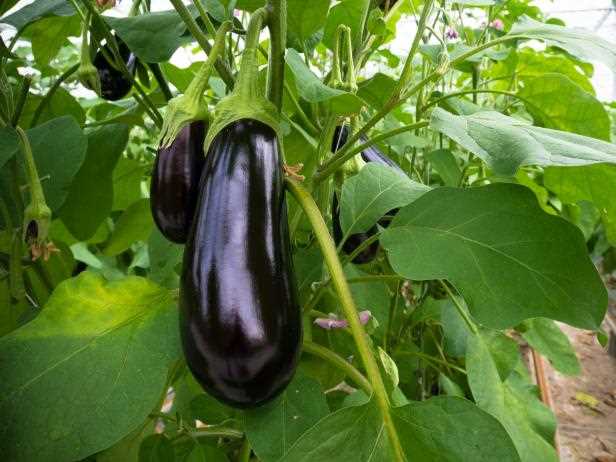
Eggplants and peppers have relatively high nitrogen requirements as they are heavy feeders. Nitrogen is important for promoting vigorous plant growth and the development of leaves and stems. Insufficient nitrogen can result in stunted growth and reduced yields.
- Recommended nitrogen application rate: 150-200 kg/ha
- Best sources of nitrogen: ammonium nitrate, urea, and composted manure
Phosphorus
Phosphorus is crucial for promoting strong root development, flowering, and fruit production in eggplants and peppers. It also aids in the transfer of energy within the plant. A deficiency in phosphorus can lead to poor root growth and reduced fruit set.
- Recommended phosphorus application rate: 80-100 kg/ha
- Best sources of phosphorus: single superphosphate, rock phosphate, and bone meal
Potassium
Potassium is essential for overall plant health and plays a key role in the production of high-quality fruits. It helps regulate water movement within the plant, enhances disease resistance, and improves fruit flavor and color. A lack of potassium can result in weak plants and decreased fruit quality.
- Recommended potassium application rate: 150-200 kg/ha
- Best sources of potassium: potassium chloride, potassium sulfate, and wood ash
Calcium
Calcium is important for maintaining the structure and integrity of cell walls in eggplants and peppers. It aids in preventing disorders such as blossom end rot and improves fruit firmness. Calcium deficiencies can lead to poor fruit quality and storage problems.
- Recommended calcium application rate: 100-150 kg/ha
- Best sources of calcium: calcium nitrate, gypsum, and limestone
Magnesium
Magnesium is a central component of chlorophyll, the pigment responsible for photosynthesis. It is crucial for energy production and overall plant growth. Magnesium deficiencies can result in yellowing leaves and reduced yields.
- Recommended magnesium application rate: 30-50 kg/ha
- Best sources of magnesium: magnesium sulfate (Epsom salt) and dolomite
Micronutrients
In addition to the major nutrients mentioned above, eggplants and peppers also require various micronutrients, albeit in smaller quantities. These include iron, manganese, copper, zinc, boron, and molybdenum. Micronutrient deficiencies can lead to various disorders and reduced plant productivity.
| Micronutrient | Recommended application rate | Best sources |
|---|---|---|
| Iron | 5-10 kg/ha | Iron sulfate, chelated iron |
| Manganese | 2-5 kg/ha | Manganese sulfate, chelated manganese |
| Copper | 0.5-1 kg/ha | Copper sulfate, chelated copper |
| Zinc | 2-5 kg/ha | Zinc sulfate, chelated zinc |
| Boron | 0.5-1 kg/ha | Boric acid, borax |
| Molybdenum | 0.1 kg/ha | Sodium molybdate, ammonium molybdate |
Importance of Soil Testing
Soil testing is an essential step in maximizing crop yields and improving overall plant health. By analyzing the composition of the soil, farmers and gardeners can determine its nutrient content and pH levels, allowing them to make informed decisions about fertilization and soil amendment.
Determining Nutrient Content
Soil testing provides valuable information about the nutrient content of the soil. By testing the levels of essential elements such as nitrogen, phosphorus, and potassium, farmers can identify any deficiencies or excesses. This knowledge enables farmers to tailor their fertilizer application to meet the specific needs of their crops.
Optimizing Fertilization
With the results from soil testing, farmers can determine the most appropriate type and amount of fertilizer to apply. By matching the specific nutrient requirements of the crop with the nutrient content of the soil, farmers can avoid over-fertilization, which can lead to nutrient runoff and environmental pollution, or under-fertilization, which can result in decreased yields.
pH Level Adjustment
Soil testing also provides information about the pH level of the soil. Different crops thrive at different pH levels. By testing the soil pH, farmers can adjust it if needed to create an optimal growing environment for their crops. For example, certain crops, such as blueberries, require acidic soil, while others, like asparagus, prefer alkaline soil.
Preventing Nutrient Imbalances and Toxicity
Soil testing helps prevent nutrient imbalances and toxicity in plants. Excessive amounts of certain nutrients can be toxic to plants and hinder their growth. By monitoring nutrient levels through regular soil testing, farmers can take appropriate measures to prevent nutrient imbalances and toxicity, ensuring healthy plant growth and high crop yields.
Cost and Environmental Benefits
Soil testing provides cost and environmental benefits. By accurately determining the nutrient content of the soil, farmers can avoid unnecessary fertilizer applications, which helps reduce costs. Additionally, by optimizing fertilizer use, farmers can minimize nutrient runoff, which can have detrimental effects on water quality and ecosystems.
Choosing the Right Fertilizer for Eggplant and Pepper
When it comes to maximizing the harvest of your eggplant and pepper crops, choosing the right fertilizer is crucial. By providing the necessary nutrients, fertilizers can enhance plant growth, increase yields, and improve overall plant health. However, with a wide variety of fertilizers available on the market, selecting the most suitable one can be a daunting task.
Consider the Nutrient Needs
1. Nitrogen (N): Nitrogen is an essential nutrient for plant growth and development. It plays a vital role in the synthesis of proteins, enzymes, and chlorophyll. Look for fertilizers with a higher nitrogen content to encourage vigorous plant growth.
2. Phosphorus (P): Phosphorus is crucial for flower and fruit production, root development, and overall plant vigor. Fertilizers with higher phosphorus content are ideal for promoting fruiting and flowering in eggplants and peppers.
3. Potassium (K): Potassium is essential for improving plant resistance to diseases, enhancing root growth, and promoting overall plant health. Look for fertilizers with a higher potassium content to maximize the productivity and quality of your eggplant and pepper crops.
Determine the Fertilizer Form
1. Granular Fertilizers: Granular fertilizers are slow-release and provide nutrients gradually over time. They are convenient to use and are ideal for establishing a nutrient-rich soil environment for eggplants and peppers.
2. Liquid Fertilizers: Liquid fertilizers are fast-acting and are absorbed quickly by plants. They are suitable for providing an immediate nutrient boost to crops during the growing season.
3. Organic Fertilizers: Organic fertilizers are derived from natural sources, such as compost, decomposed manure, and plant residues. They provide nutrients slowly and improve soil structure and fertility over time.
Consider Soil pH
Both eggplants and peppers prefer slightly acidic soil with a pH range of 5.5 to 7.0. Before selecting a fertilizer, it is important to test the soil pH and choose a fertilizer that is suitable for your soil’s pH level.
Read and Follow Application Instructions
Once you have selected the right fertilizer for your eggplant and pepper crops, it is crucial to read and follow the application instructions carefully. Over-application of fertilizers can lead to nutrient imbalances, plant burn, or harm the environment.
In conclusion, choosing the right fertilizer for your eggplant and pepper crops is essential for maximizing yields and plant health. Consider the nutrient needs, fertilizer form, soil pH, and always follow the application instructions. With the right fertilization strategy, you can enjoy a bountiful harvest of healthy and flavorful eggplants and peppers.
Timing and Application Methods for Fertilizers
Timing and application methods for fertilizers play a crucial role in optimizing eggplant and pepper yields. Proper timing ensures that the plants receive the necessary nutrients at the right stage of growth, while the correct application method ensures efficient nutrient uptake by the plants.
1. Pre-planting Fertilizer Application

Before planting eggplant and pepper seedlings, it is important to apply fertilizers to the soil to provide a good nutrient base for the plants. This can be done by incorporating a balanced fertilizer, such as a 10-10-10 or 14-14-14 blend, into the soil at a rate of 2-3 pounds per 100 square feet. The fertilizer should be evenly distributed and mixed with the topsoil to ensure uniform nutrient availability.
2. Side-dressing Fertilizer Application
Side-dressing, or applying fertilizer to the soil along the sides of the plant rows, is an effective way to provide additional nutrients to the growing plants. This can be done when the plants are about 6-8 inches tall. Use a slow-release fertilizer, such as a 10-10-10 or 14-14-14 blend, and apply it at a rate of 1-2 pounds per 100 square feet. Make sure to keep the fertilizer at least 2-3 inches away from the base of the plants to avoid burning their roots.
3. Foliar Fertilizer Application
Foliar application of fertilizers involves spraying a liquid fertilizer directly onto the leaves of the plants. This method is beneficial when there is a deficiency or immediate need for nutrients. Use a balanced liquid fertilizer, such as a 3-3-3 or 5-5-5 blend, and dilute it according to the manufacturer’s instructions. Spray the solution onto the leaves, covering both the upper and lower surfaces, in the early morning or late afternoon when the stomata are more open for efficient nutrient absorption.
4. Biweekly Fertilizer Application
As eggplant and pepper plants continue to grow and develop, regular fertilization is necessary to maintain optimal nutrient levels. Apply a balanced fertilizer, such as a 10-10-10 or 14-14-14 blend, every two weeks during the growing season. Use a broadcast method to evenly distribute the fertilizer over the entire planting area, and water the plants immediately after application to help with nutrient uptake.
5. Mulch and Fertilizer Combination
Combining mulch and fertilizer can further enhance the effectiveness of the fertilization process. After applying the fertilizer, cover the soil around the base of the plants with a layer of organic mulch, such as straw or wood chips. The mulch helps retain moisture, regulate soil temperature, and slowly release nutrients into the soil as it decomposes. This combination improves nutrient availability and minimizes nutrient leaching.
By following these timing and application methods for fertilizers, you can maximize the potential of your eggplant and pepper plants, resulting in higher yields and healthier crops.
Benefits of Organic Fertilizers for Eggplant and Pepper
Organic fertilizers offer several benefits when used for growing eggplant and peppers. These natural fertilizers are derived from plant or animal sources and provide nutrients in a slow-release form that is readily available to plants. Here are some key advantages of using organic fertilizers:
1. Improved Soil Fertility
- Organic fertilizers enhance the fertility of the soil by improving its structure and nutrient-holding capacity.
- They help to increase the presence of beneficial microorganisms, which play a vital role in nutrient cycling and plant health.
- As the organic matter breaks down, it releases nutrients gradually, providing a steady supply to the plants over time.
2. Environmentally Friendly
- Using organic fertilizers reduces the risk of contaminating groundwater and surface water with harmful chemicals.
- These fertilizers are typically made from renewable resources, making them a sustainable choice.
- They contribute to the overall health and biodiversity of the soil ecosystem, supporting a more balanced and resilient agricultural system.
3. Nutrient-Rich and Balanced
- Organic fertilizers contain a wide range of essential nutrients, including nitrogen, phosphorus, and potassium, as well as secondary and micronutrients.
- These fertilizers provide a balanced nutrient profile, ensuring that plants receive all the necessary elements for optimal growth and development.
- Organic fertilizers also contain organic matter, which improves soil structure and helps retain moisture, allowing for better nutrient absorption by the plants.
4. Long-Term Soil Health
- Using organic fertilizers promotes long-term soil health and fertility by enriching the soil with organic matter.
- Organic matter helps to improve soil structure, water retention, and drainage, leading to healthier root systems and stronger plants.
- Over time, the organic matter breaks down and improves the soil’s ability to hold onto nutrients, reducing the need for frequent fertilization.
Overall, using organic fertilizers for eggplant and pepper cultivation not only provides essential nutrients to the plants but also supports a sustainable and environmentally friendly approach to agriculture.
Maximizing Yield through Fertilizer Management
Introduction
Effective fertilizer management is essential for maximizing crop yield, and this holds true for eggplants and peppers as well. By understanding the nutrient requirements of these crops and implementing a targeted fertilizer management plan, growers can significantly enhance their harvest and overall productivity.
Understanding the Nutrient Requirements
Eggplants and peppers have specific nutrient requirements that must be met for optimal growth and yield. These crops require a balanced supply of macronutrients such as nitrogen (N), phosphorus (P), and potassium (K), as well as essential micronutrients like calcium (Ca) and magnesium (Mg).
Nitrogen is critical for promoting vegetative growth, while phosphorus is crucial for flower and fruit development. Potassium helps improve overall plant health and disease resistance. Calcium and magnesium play vital roles in cell division and overall plant structure.
Fertilizer Application Techniques
To maximize yield, growers can utilize several fertilizer application techniques. These include both soil-based and foliar application methods.
Soil-Based Application
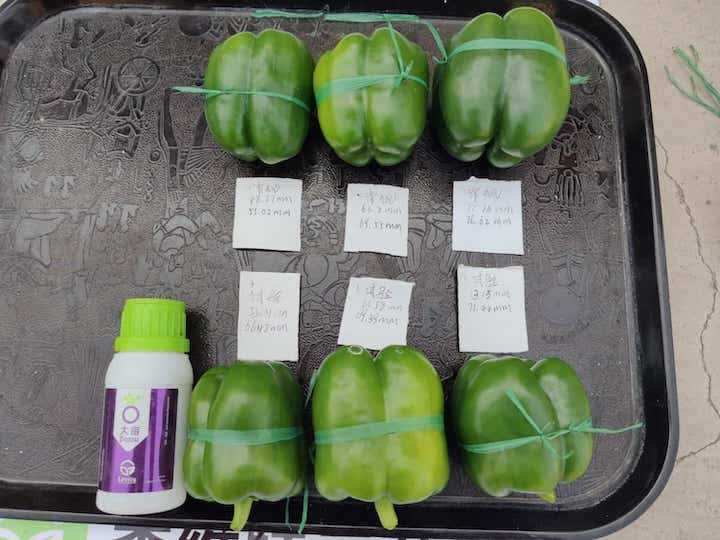
Start by conducting a soil test to determine the nutrient levels and pH of the soil.
Based on the soil test results, apply a balanced fertilizer that meets the nutrient requirements of eggplants and peppers.
Use a fertilizer spreader or hand-distribute the fertilizer evenly across the planting area.
Incorporate the fertilizer into the soil by tilling or raking.
Foliar Application
Mix a water-soluble fertilizer with water according to the manufacturer’s instructions.
Use a sprayer to apply the fertilizer solution directly to the leaves of the eggplants and peppers.
Apply the fertilizer in the early morning or late afternoon to avoid leaf burn from the sun.
Repeat foliar applications every 2-3 weeks during the growing season.
Monitoring and Adjusting
Regular monitoring of plant health and growth is crucial for successful fertilizer management. Visual observation, as well as soil and tissue testing, can help identify any nutrient deficiencies or excesses that may occur. Adjustments to the fertilizer program can then be made accordingly to optimize yield.
Conclusion
Maximizing yield through fertilizer management involves understanding the nutrient requirements of eggplants and peppers, implementing effective fertilizer application techniques, and monitoring plants for optimal growth. By following these practices, growers can enhance their harvest and achieve greater productivity.
“Question-Answer”
What is the significance of using fertilizers to boost eggplant and pepper yields?
Using fertilizers is significant because it provides essential nutrients to the plants, helping them grow stronger and healthier. This results in higher yields of eggplant and pepper crops.
What are the recommended fertilizers for eggplants and peppers?
The recommended fertilizers for eggplants and peppers are ones that contain a balanced ratio of nitrogen, phosphorus, and potassium, such as a 10-10-10 or 20-20-20 blend. It is important to choose fertilizers specifically formulated for vegetables to ensure optimal growth and yields.
How often should fertilizers be applied to eggplants and peppers?
Fertilizers should be applied to eggplants and peppers every 2-4 weeks throughout the growing season. This helps to continually provide the necessary nutrients for the plants and ensures consistent growth and fruit production.
Can organic fertilizers be used for eggplants and peppers?
Yes, organic fertilizers can be used for eggplants and peppers. Organic options, such as compost, manure, or fish emulsion, are a sustainable and environmentally friendly alternative to synthetic fertilizers. They provide a slow release of nutrients and improve soil health.
What are the signs of nutrient deficiency in eggplants and peppers?
Signs of nutrient deficiency in eggplants and peppers include yellowing or browning of leaves, stunted growth, and reduced fruit production. Different nutrient deficiencies can manifest in specific symptoms, so it is important to identify the specific nutrient lacking in order to provide the appropriate fertilizer.
Are there any alternative methods to boost eggplant and pepper yields without using fertilizers?
Yes, there are alternative methods to boost eggplant and pepper yields without solely relying on fertilizers. These methods include improving soil quality through organic matter additions, practicing proper watering techniques, and implementing crop rotation to prevent nutrient depletion. Additionally, using companion plants and beneficial insects can help control pests and maximize yields.
What are the potential risks of excessive fertilizer use on eggplants and peppers?
Excessive fertilizer use on eggplants and peppers can lead to nutrient imbalances, which can have detrimental effects on plant growth and yield. It can also result in excessive vegetative growth at the expense of fruit production. Additionally, overuse of synthetic fertilizers can contribute to water pollution and harm the environment.
